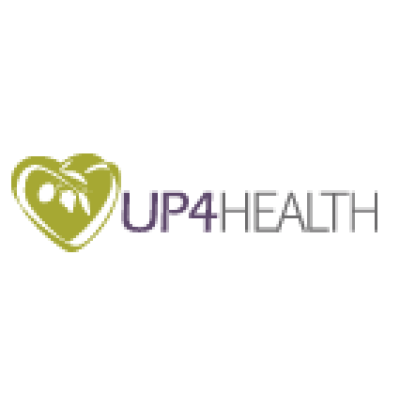
UP4HEALTH
Sustainable and cost-effective production process for the upcycling of olive, grape and nut by-products into 4 natural and healthy ingredients for nutraceutical and cosmetic applications

Sustainable and cost-effective production process for the upcycling of olive, grape and nut by-products into 4 natural and healthy ingredients for nutraceutical and cosmetic applications
Despite the increasing pressure on limited resources, waste – particularly food waste and the by-products of food processing – is a major issue. Indeed, despite the growing demand for bio-based ingredients, the number of products on the market produced through the valorisation of food by-products is still somewhat limited. This potentially valuable source of biomass is currently underexploited.
Of this waste, more than 9.3 million tonnes is made up of olive and grape production by-products, which is particularly rich in bioactive compounds. The UP4HEALTH project plans to exploit this resource. It will demonstrate – at pre-industrial scale – an integrated biorefinery for recovering valuable biomolecules from food processing by-products. It will develop a unique zero-waste sustainable approach, using as feedstock some of the most commonly available, but most-underexploited food processing by-products in southern Europe, namely olive pomace, olive pits, grape pomace and nut by-products. It will use these to produce four organic, natural, sustainable and healthy ingredients.
This will produce high added-value ingredients for the nutraceuticals and cosmetic sectors that meet the growing demand for natural, healthy and sustainably sourced products. To ensure the zero-waste approach, the UP4HEALTH project will use the residual fraction from the olive pits to provide energy for the biorefinery.
The overall objective of the UP4HEALTH project is to prove the feasibility of developing a range of new specialty ingredients by using an abundant but under-exploited resource, namely olive and grape production by-products. Ultimately, it aims to bringing healthier and more sustainable food to the market, dietary supplements and cosmetics using a circular economy approach. This will both extract value from currently discarded biowaste and reduce the cost of waste treatment.
Within this, the UP4HEALTH project also has a number of specific objectives. It will:
By achieving its overall objectives, the UP4HEALTH project will contribute to tackling waste from food and food production while contributing to building a better bioeconomy for Europe. In addition, it will also make contributions to specific BBI JU KPIs through:
The UP4HEALTH project will also bring a range of environmental benefits. By using discarded food streams as a source material, it does not require any new crops to be grown, reducing the impact on land and on the use of water and fertilizers. The planned zero-waste process approach avoids residues and avoids the need to use landfill for disposal. This, in turn, helps mitigate climate change by avoiding methane release.